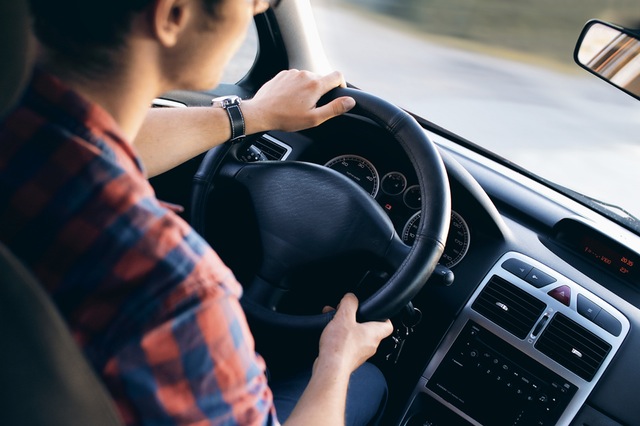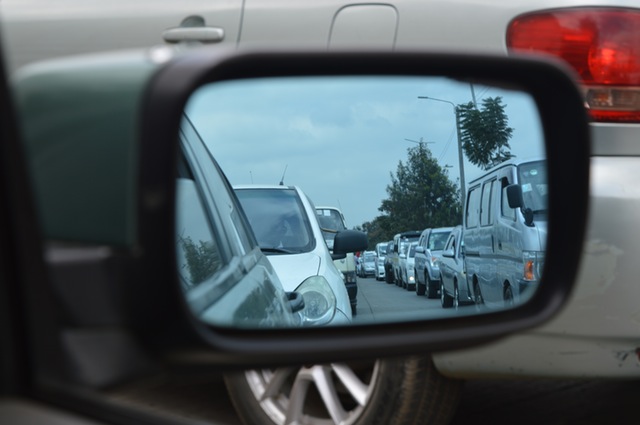
Image: Pexels
Just passed your driving test? Congratulations! You’re now on your way to greater freedom and new adventures. But if you thought your lessons stopped there, think again. They’re only just beginning.
Until self-driving cars become an everyday reality, all drivers go through a transition period. If you think you know everything now you’ve passed your test, think again.
- Become Familiar With Your Car
Don’t just get it, close the door, and drive off. Get to know your car first. Look at the dashboard and learn what all the switches do. Locate your hazard lights and fog lights. You should be able to use your car instinctively. Any hesitations when driving, particularly in challenging situations, could lead to an accident.
- Concentrate
You may have passed your test, but your learning has only just begun. New drivers need to concentrate fully on the task. Don’t be distracted by passengers. And set your phone to silent, so you’re not distracted by incoming calls or texts.

Image: Pexels
- Check Your Blind Spot
Get into the habit of checking your blind spot. Your mirrors don’t show you what’s just outside of your peripheral vision. And the blind spot is a pretty large area. So make sure you check it each time you change lane or turn right.
- Avoid Drink And Drugs
This sounds like an obvious point, but it’s an important one. Steer clear of alcohol and drugs. Alcohol can give you a false sense of confidence and can stay in your blood for 48 hours. You don’t want to cause an accident or have impaired driving on your record. Lawyers such as www.klgdefense.com/criminal-defense/dui/ deal with hundreds of cases each year. They can help you navigate the legal process. But the advice is that if you’re driving, don’t drink or do drugs. It’s just not worth it.
- Slow Down
Another seemingly obvious piece of advice is to respect the driving limit. As you gain confidence, it may be tempting to speed up. But exceeding the limit gives you less time to react and stop. Even a few points over slows your timings drastically. So, slow down. Nothing is urgent enough to risk your health or life over.

Image: Pexels
- Driving In Bad Weather
Driving in heavy rain or snow is daunting for even the most experienced driver. If at all possible, avoid driving in the worst conditions. If you can’t avoid it take extra precautions. Remember to put your headlights on in heavy rain, fog and snow. This will help your visibility and will help other drivers to see you. Increase the space significantly between you and the next car. You’ll need more space to stop on slippery roads. If you can’t see, find a place to stop and wait it out. Sites like www.readersdigest.ca have more tips.
- Avoid Taking Passengers
Recent research suggests that young drivers carrying passengers are at greater risk of accidents. There are several reasons for this. The more passengers you take, the more likely you are to be distracted. There’s also a temptation to drive in a way that impresses your mates. So speeds are likely to increase, etc. Until you have more experience, the advice is to ditch the passengers.
This is not a comprehensive list by any means. But it includes useful advice for new drivers. Welcome to the road.




